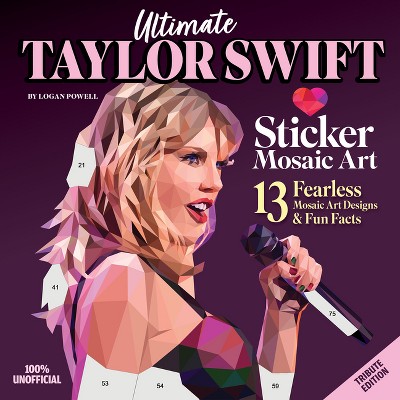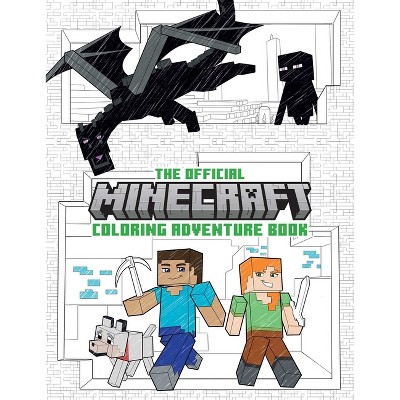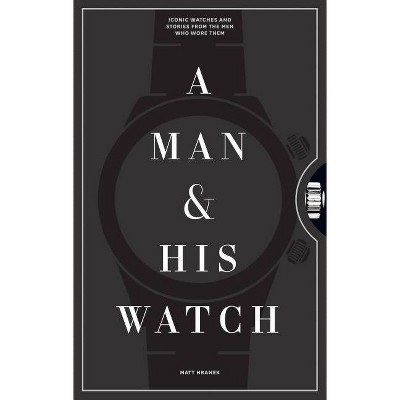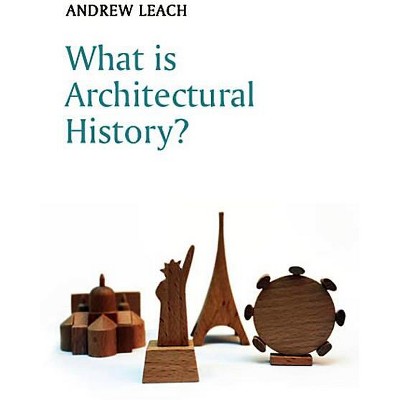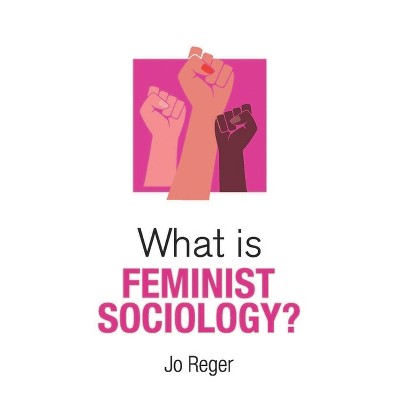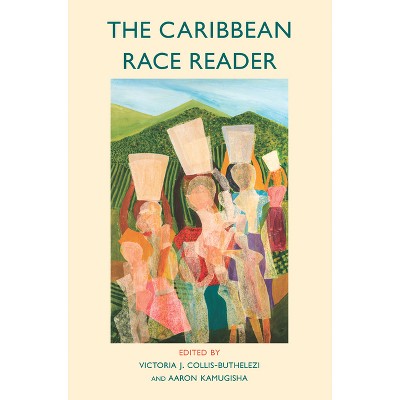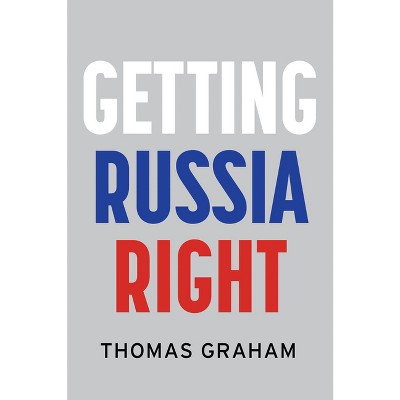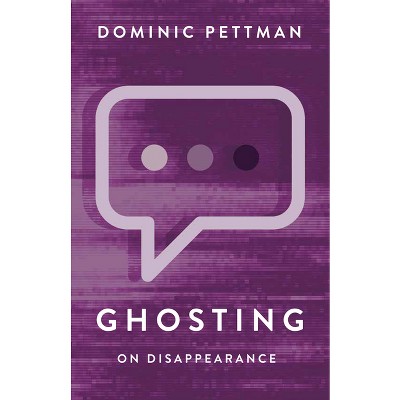About this item
Highlights
- In the demonology of the contemporary city, is there anything more toxic than the expressway?
- About the Author: Richard J. Williams is Professor of Contemporary Visual Culture at the University of Edinburgh.
- 240 Pages
- Architecture, Urban & Land Use Planning
Description
Book Synopsis
In the demonology of the contemporary city, is there anything more toxic than the expressway? Dividing neighbourhoods, depressing land values, concentrating atmospheric pollutants, the mammoth infrastructure of the expressway is now increasingly crumbling into the ground.How did we build the expressway world in the first place? And what are we going to do now with it now?
This eye-opening book explores these questions partly through the great expressway abolitions of recent years, such as Boston's Central Artery (buried and covered by a park) and Seoul's Cheonggyecheon (replaced with an artificial river). But the book also uncovers the hidden stories of expressways that have become weird attractions in their own right, from London's Westway to São Paulo's Minhocão, celebrated in art and literature. Above all, the book proposes, counterintuitively, that we find ways to live with the expressway world and to adapt it to a different future, inspired by the many examples where people have already reinvented this challenging legacy on their own terms.
Engaging with case studies across the world and recent thinking in the environmental humanities and architectural theory, this is a thought-provoking invitation to reconsider the most maligned structures of the recent urban past.
Review Quotes
"Williams is a scholarly guide: literary, artistic and cinematic references abound. But his strength is his aversion to histrionics. [...] he resists easy partisan positions, and his resolute critical eye makes him something of a gadfly. This is why The Expressway World, which could have been arid or marginal, has a zing to it.''
The Telegraph
"With its Ballardian title, this book concentrates on one of the most contested legacies of modernism: the urban expressway, cutting through cities, splitting neighbourhoods, polluting with noise and particulates and killing both social and financial value. Williams looks at how we got here and what might be done. There is plenty of optimism here, with the various ways in which neglected real estate around freeways can be repurposed, and how it might actually present an opportunity."
Edwin Heathcote, Financial Times, Best Summer Books of 2025: Art, Architecture and Design
"This elegantly written and beautifully researched book is the definitive guide to an omnipresent feature of modernity: the urban expressway. Always calm, cool-eyed and realistic, Williams is open to the expressway's attractions as well as its abominations. He raises important questions about how to make the world we have made for ourselves more liveable and sustainable."
Joe Moran, author of On Roads: A Hidden History
"A terrific book! The expressway helped to recreate the ways we move around and see the world. Richard Williams invites us to see our expressway world in fresh and surprising ways."
Richard Florida, author of The Rise of the Creative Class
About the Author
Richard J. Williams is Professor of Contemporary Visual Culture at the University of Edinburgh.

